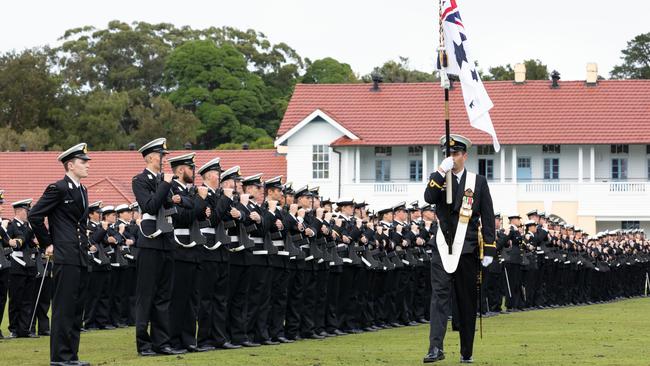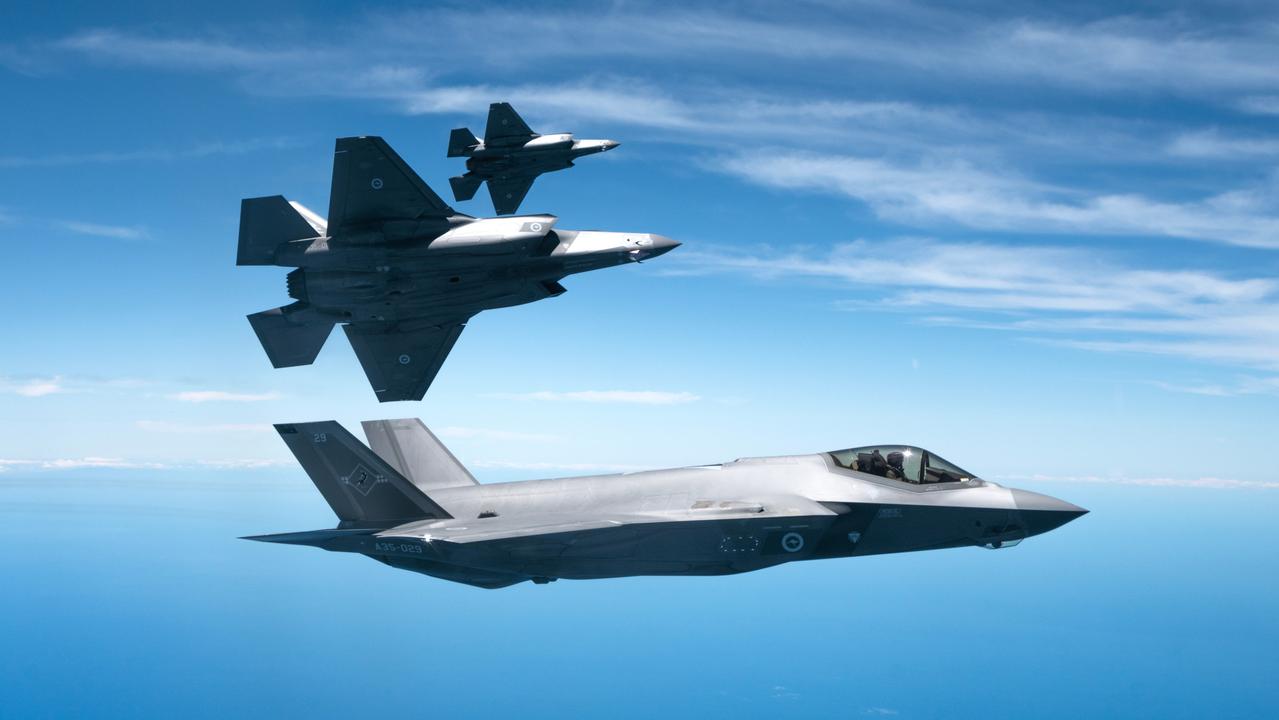New military law ‘illogical, unfair and unworkable
The 2016 Defence White Paper tried to establish a growth path for the ADF to increase personnel numbers from about 60,000 to 80,000 by the year 2040. To date that has been a dismal failure.

Numbers don’t lie. It was the 2016 Defence White Paper that tried to establish a growth path for the ADF to increase personnel numbers from about 60,000 to 80,000 by the year 2040. To date that effort has been a dismal failure despite huge amounts of money being thrown into recruitment through advertising campaigns and the payment of select retention bonuses.
In 2017 the ADF had a strength of 58,876 people. In this financial year the budget papers record a strength of 58,242. That means during an eight-year period the military has actually shrunk by 634 people. For next year the Defence Department believes it is realistic to expect growth of uniformed personnel of a mere 358.
This is obviously nowhere near enough to come even close to the 2040 target.
The situation is far worse because regulatory requirements surrounding the introduction of nuclear-powered submarines will also require an estimated 4000 civilians with expertise in this highly specialised domain.
If that’s not bad enough, the government seems to be doing everything in its power to make service life even less attractive. Legislation has just come into effect that imposes a 20-year jail sentence on any Defence veterans who provide training services, even inadvertently, to a foreign government – directly or indirectly – without authorisation.
The main problem with this is that the bill is so poorly drafted that it could include people working for an overseas government-owned company without being aware that they are doing so. These new measures are so broad that they will cover tens of thousands of former ADF members, as well as former employees of the Defence Department.
What is even more startling are the exceptions: politicians; their staff – and consulting companies, including the ones involved in developing the legislation in the first place.
So concerned is the Australian Industry Group that its head, Innes Willox, released a statement saying: “While the Safeguarding Australia’s Military Secrets Act, or SAMS Act, aims to protect our national security, the act is in practice illogical, unfair and unworkable.
“The impact of this unguided missile of an act on the defence industry, former Defence personnel (including veterans), and to Australia’s trade position and international reputation is deeply concerning.
“From this week, one of the offences under the act means that former Defence personnel (including former ADF, civilians working in Defence and full-time reservists) will need to apply for ‘foreign work authorisation’ if they will be performing any work for a foreign military, government or for an organisation (even those unrelated to any military purpose) where the foreign government has control, whether formal or informal,” Willox said.
The legislation refers not only to companies that are owned by a foreign government but also those who are “influenced” by one.
In the defence technology domain, almost all companies feel the influence not only of their own government but those of nations that they are selling products and services to.
In another move that is dividing Australian industry into us-and-them camps, it does not apply to companies that are from any of the Five Eyes nations, which seems to mark a further retreat into the comfort of the Anglosphere.
But even this approach is flawed because a veteran working for, or providing services to, an offshore subsidiary of, for example, a major US or UK company would still be at risk of 20 years behind bars without the necessary prior authorisation.
Many in industry feel that this is bureaucracy gone totally mad and has been cooked up by some overzealous officials hoping to curry favour with Washington.
While the objective of the legislation is legitimate, a far simpler and more effective method would be to list countries of concern – such as China, Iran, and Russia – rather than attempt a blanket approach that will be a nightmare to administer.
Unfortunately, appeals to the government for a return to sanity have largely fallen on deaf ears. One of the attractions of joining the ADF, or working in the Defence Department, is that a transition to industry is a logical and potentially lucrative career pathway. Most Australian companies make extensive use of veterans because of their specialised knowledge of military technology – and the legislation now discriminates against them.
If Defence had any interest in improving its image a good place to begin would be to stop treating the media as the enemy and instead start co-operating in the hope of getting some positive messages out rather than a steady drip feed of stories focusing on incompetence and mismanagement.


